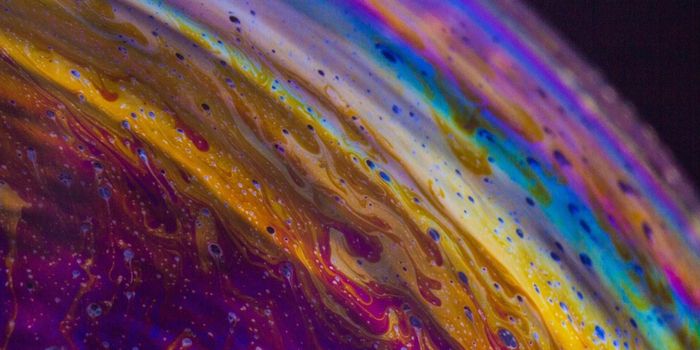The Risk of Developing PTSD is Influenced by Genetics
It’s been estimated that six to nine percent of Americans, around eight million people, experience a trauma that results in post-traumatic stress disorder (PTSD) during their lifetime. One of 24 kinds of exposure to violence or life-threatening events might result in the disorder, but not everyone that experiences these traumas end up with PTSD. Some have suggested that genetics may play a role in the risk of getting it. New work appears to confirm that; scientists at more than 130 institutions that are part of the Psychiatric Genomics Consortium showed that like other mental health disorders, there is a genetic component to PTSD. Reporting in Nature Communications, researchers have suggested that genetic influences account for five to twenty percent of the variability in the risk developing PTSD after trauma.
"Our long-term goal is to develop tools that might help clinicians predict who is at greatest risk for PTSD and personalize their treatment approaches," said study author Caroline Nievergelt, PhD, an associate professor of psychiatry at UC San Diego School of Medicine. "We can't always protect people from trauma. But we can treat them in the best ways possible, at the best time."
Like the complicated genetic etiology of complex traits and other psychiatric disorders, PTSD is polygenic - thousands of variants in the genome probably influence the disorder in small ways. This work identified six regions or loci in the genome that are strongly linked to the risk of PTSD, and have provided some insight into the biological basis of the disorder. Three loci were only connected to men. Taken together, the six loci suggest that immune and inflammatory mechanisms are involved.
"Based on these findings, we can say with certainty that there is just as much of a genetic component to PTSD risk as major depression and other mental illnesses," said senior author Karestan Koenen, associate member of the Stanley Center for Psychiatric Research at the Broad Institute of MIT and Harvard. "Our limited ability to study the living human brain and uncover the biological roots of PTSD has contributed to the lack of treatments and the stigma around this debilitating condition. Genetics helps us make new discoveries, find opportunities for new therapies, and counter that stigma."
The data used in this study was gathered from a network spanning twelve countries and 200 researchers; information from over 60 groups of people, including unaffected controls and PTSD patients was assessed. More than 200,000 people were part of the study, including members of the military and civilians, as well as people with European and African ancestry.
"Our study is distinguished by the fact that it's international and is highly diverse," Nievergelt said. "There's greater representation here than in most studies to date."
PTSD was found to share genetic influences with 235 other traits and disorders, and significantly overlap with 21, including insomnia, depression, asthma, and coronary artery disease.
"Similar to other mental disorders, the genetic contribution to PTSD correlates with that for many other traits," Koenen said. "Further research is needed to determine what this means - whether some of the same genes that influence risk for PTSD also influence risk for other diseases like, for example, depression."
While it is not ready for clinical use, the researchers created a polygenic risk score that predicts who might be at risk of getting PTSD. When the scientists tested these scores, they found that the individuals with the highest scores have a 0.4-fold higher likelihood of developing PTSD compared to people with the lowest scores. Additionally, people in the Million Veterans Program with the highest scores also tend to relive traumatic memories, a hallmark of PTSD. More work will be needed to refine these polygenic risk scores, the researchers noted.
"If you look across psychiatric genetics, it's taken even larger sample sizes than what we have here to make robust genetic discoveries," Koenen said. "This is a good start, but this needs to be a truly inclusive, large-scale, team-based scientific effort if we're going to continue to lay the groundwork for more effective interventions and treatments for the millions of people struggling with PTSD."
Sources: AAAS/Eurekalert! Via University of California San Diego, Nature Communications









